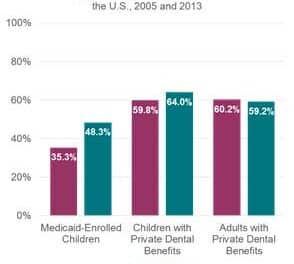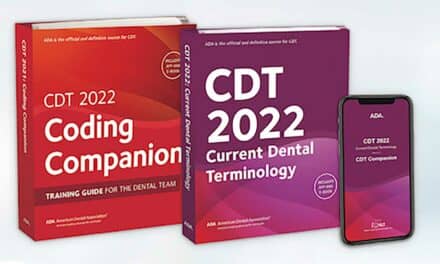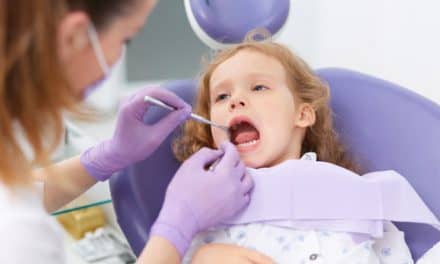A new survey from the American Association of Endodontists reveals that Gen Z and millennials are especially vulnerable to online dental misinformation, which may be deterring them from seeking timely dental care.
The American Association of Endodontists (AAE) is raising alarms about the effect of online misinformation on dental health, especially among younger adults. According to a newly released survey, nearly half of Gen Z (48%) and millennial (46%) respondents reported fear of root canals, a significantly higher rate than the general population (38%).
Trouble Distinguishing Facts from Myths
AAE’s findings point to widespread confusion among younger adults, who often rely on social media and influencers for health information. Forty percent of Gen Z and 36% of millennials said they frequently struggle to distinguish between facts and myths when reading about dental health online.
“We are concerned that fear and misinformation is contributing to younger adults avoiding the dental chair,” said Steven J. Katz, DDS, MS, president of the American Association of Endodontists. “People who do not get routine dental care are at risk for serious tooth decay which can lead to overall health issues.”
The Reality of Root Canal Treatment
Despite fears, root canal treatment is a common and typically straightforward procedure. The AAE survey found that 45% of adults have had a root canal, and among those, 71% said they were glad they chose the treatment over a tooth extraction. The survey also revealed strong aversion to extractions, with 29% of respondents stating they’d rather get the flu than lose a tooth.
Health Decisions Shaped by Social Media
The broader trend isn’t limited to dentistry. The 2025 Edelman Trust Barometer found that 45% of people aged 18–34 are influenced by uncertified sources when making health decisions. Of that group, 58% admitted to regretting a decision based on social media misinformation.
Katz noted that nearly one-third of all adults report difficulty separating dental myths from facts online—an issue that opens the door for misinformation to spread unchecked.
Key Findings on Dental Habits and Misconceptions
The AAE survey also highlighted concerning trends in dental habits:
- 42% of adults only visit the dentist when experiencing pain.
- 58% do not floss daily.
- 23% said they would trust a Google search over a dental professional for advice.
Fear of losing teeth is widespread, with 74% of adults expressing concern. Yet only 58% knew it was possible to save a knocked-out tooth. And while most adults (85%) recognize the risks of hard candy, fewer associate nuts (37%) and popcorn (44%) with dental injuries—despite nearly half reporting they’ve chipped a tooth from such foods.
The AAE survey results highlight the extent to which dental myths persist and how they may influence health behaviors, particularly among younger adults. According to the findings, 30% of all adults said they always or often struggle to distinguish between myths and facts when reading about dental health online. The association pointed to this confusion—along with the increasing influence of online voices without dental credentials—as a factor contributing to fear, delayed care, and misconceptions about treatments like root canals.
Photo: ID 197040023 © Irinayeryomina | Dreamstime.com










